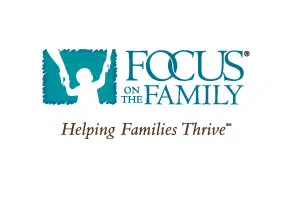ATHENS (Reuters) – The European Union wants to rebuild trust with Turkey, its top diplomat said on Wednesday, after a standoff in March in which thousands of migrants attempted to force their way into Greece, triggering clashes on their border.
Before the coronavirus pandemic closed frontiers and halted travel, Ankara said in February it would no longer try to keep refugees fleeing Syria’s war and elsewhere on Turkish soil as it had under a deal it agreed with the bloc in 2016 in return for billions of euros in aid.
An estimated 35,000 migrants from the Middle East, Afghanistan, Pakistan tried to enter Greece, a EU member state. Greece used tear gas and water cannon to hold them back.
Brussels and Athens accused Ankara of goading migrants to storm the border in a bid to “blackmail” Europe into offering more cash and support in the Syrian conflict.
Turkey hosts about 3.6 million refugees from Syria, where its troops and allied rebel forces have battled Russian-backed government forces, and says the EU has failed to honour promises made to Ankara.
“I think we have to stand by our interest(s) and to engage on re-establishing trust,” Josep Borrell, the EU’s foreign policy chief, said during a visit with Greek Foreign Minister Nikos Dendias to a border region Greece shares with Turkey.
“It is very clear we are determined to protect the external border of the European Union and to strongly support Greek sovereignty,” Borrell said.
Of the border tensions then, Dendias said: “This deplorable attempt to blackmail the European Union failed.”
Migration is just one source of dispute between Greece and Turkey. The two countries are at odds over a host of issues from disputed airspace, sea boundaries, minority rights and energy exploration, particularly in the eastern Mediterranean.
Borrell was due to travel to Cyprus on Thursday, which has complained of Turkish attempts to explore for gas in its maritime zones. Turkey says it is within its rights and is protecting the rights of Turkish Cypriots on the ethnically split island.
(Reporting by Angeliki Koutantou and Michele Kambas; Editing by Alison Williams)




